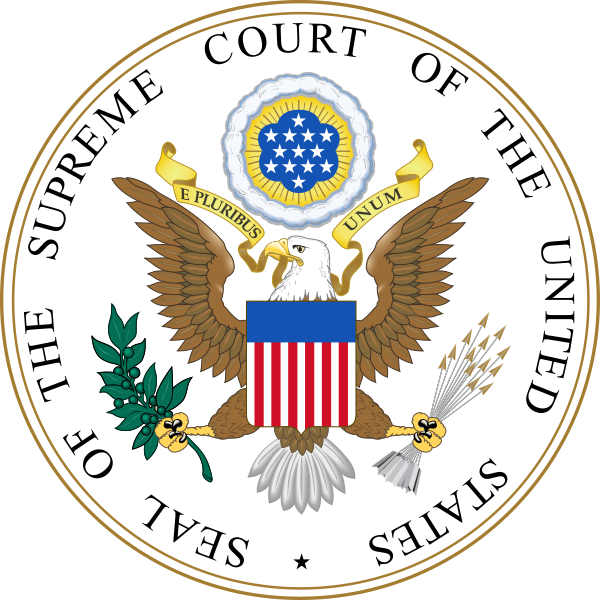If a company is around long enough, it may eventually be subject to an employment discrimination claim.
One such claim can involve an employee alleging constructive discharge.
Under discrimination law, a “constructive discharge” occurs when an employer makes working conditions so intolerable, often through harassment or retaliation, that an employee is effectively forced to resign.
An important question when such a claim is filed is whether the employee has filed his or her claim on time. If an employee misses the filing deadline, his or her claim will likely be dismissed.
The common filing deadline in private employment discrimination is 300 days.
Until recently, the question was 300 days from when? The date of resignation or the date that the employer committed the last “bad” act forcing resignation?
The U.S. Supreme Court recently answered that question for constructive discharge discrimination claims.
In Green v. Brennan, the Court ruled that the filing period for a constructive discharge claim starts when the employee tenders his or her resignation, not when the employee was last treated in a discriminatory fashion.
The employee in Green filed a discrimination claim after he was denied a promotion.
The employee, Green, asserted that, after and because of his discrimination claim, his working conditions became intolerable, forcing him to resign. He later filed a new claim, this time for constructive discharge.
The employer in Green (the Postal Service) argued that Green’s claim should have begun to run on the date of the employer’s last act triggering the resignation, not the resignation itself.
The Supreme Court disagreed, ruling that the filing period begins to run on the date the employee tenders his or her resignation, not the earlier date of the last discriminatory act.
Because Green involved a federal employer, its claim deadline was 45 days. So, employee Green had 45 days after his resignation to file his constructive discharge claim.
Under Green, the private claim 300 day deadline does not begin to run until the employee tenders his or her resignation.
Employers may view the Supreme Court’s ruling as “expanding” an employee’s time to sue, in that the clock does not begin to run until the resignation itself.
The ruling, however, is limited to constructive discharge cases, not other types of discrimination claims.
In any event, the ruling provides a clear rule upon which both employers and employees may rely going forward.





